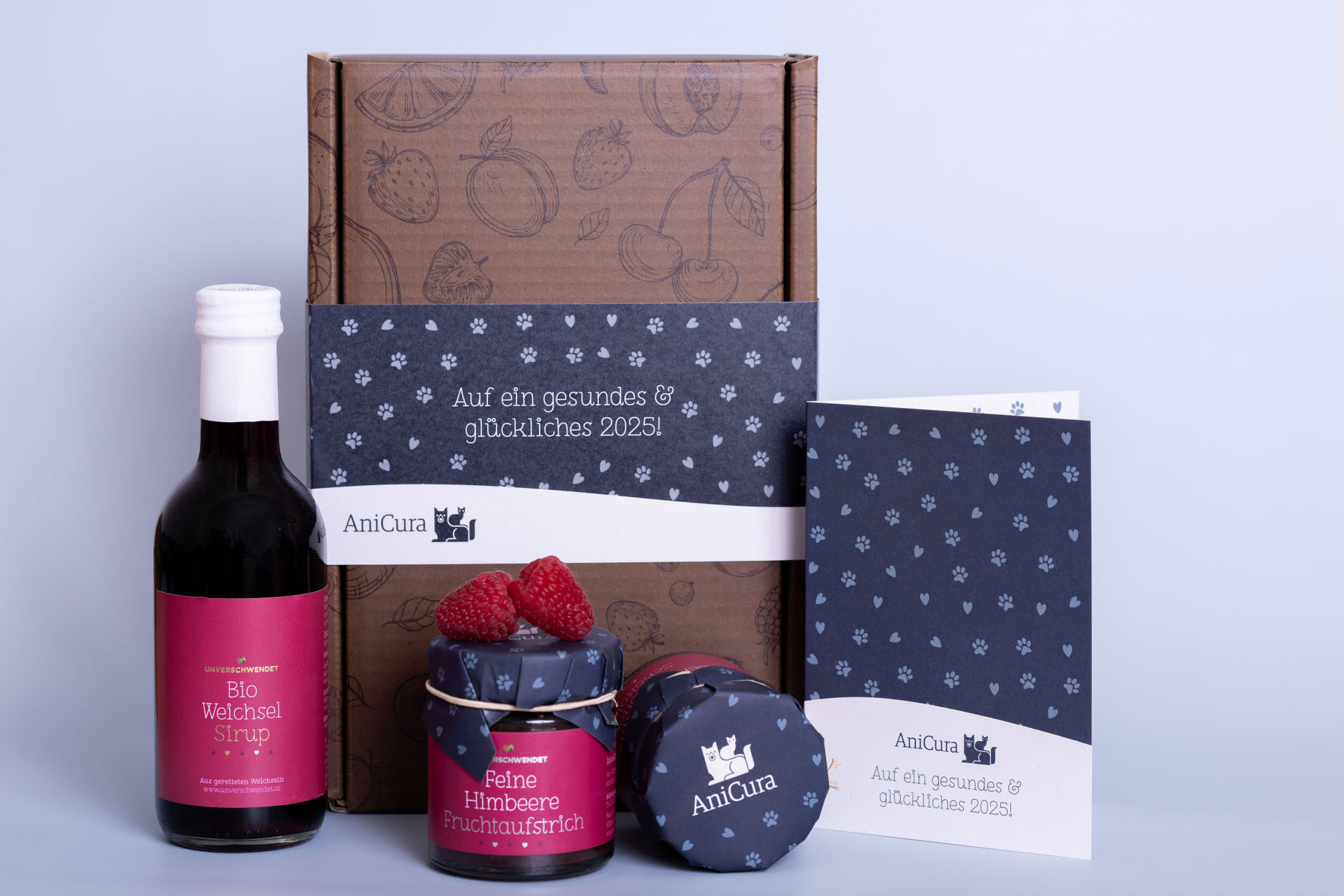
Sector: Hospitality, Agriculture, Circular Economy, Food Waste Reduction, Sustainable Food Production
Unverschwendet GmbH was founded in 2016 by siblings Cornelia and Andreas Diesenreiter in Vienna. The company’s mission is to rescue surplus fruit and vegetables that would otherwise go to waste and transform them into high-quality gourmet products such as jams, chutneys, and syrups.
Background
By applying circular economy principles, Unverschwendet creates economic value while reducing food waste and promoting sustainability in the agri-food sector. The enterprise is a remarkable example of a female-led business integrating entrepreneurship, circular economy, and social impact in Austria.
Key Principles
• Circular economy approach: Unverschwendet GmbH redirects food surplus into new, value-added products, reducing waste.
• Local supply chain integration: Works with Austrian farmers and local producers to source surplus produce.
• Product innovation: Develops high-quality sustainable food items from surplus materials.
• Awareness and education: Engages in campaigns and partnerships to raise awareness about food waste.
• Replicability: Provides a model adaptable across Europe for green entrepreneurship in the food sector.
Challenges and Enabling Factors
Challenges include managing logistics and ensuring consistent supply quality, while enabling factors include public awareness, strong sustainability networks, and participation in accelerator programmes such as Greenstart. The favourable Austrian policy environment for sustainability also supports businesses like Unverschwendet.
Key Learning / Best Practice Takeaways
• Female entrepreneurs are pivotal in advancing the green transition.
• Circular business models create both environmental and economic benefits.
• Local partnerships amplify sustainability and community impact.
• Awareness campaigns enhance the social and educational reach of green entrepreneurship.
Impact and Outcomes
• Environmental: More than 1,000,000 kilograms of food have been saved from waste, contributing to CO₂ reduction.
• Economics: Generates value from discarded produce and supports local agriculture.
• Social: Creates employment opportunities and collaborates with social organisations to distribute rescued food.
• Inspirational: Demonstrates how female entrepreneurship can drive green transition in the SME sector.
Transferability & Scalability
This practice is adaptable for SMEs in agri-food and upcycling sectors; requires local partnerships, training, and awareness campaigns.
